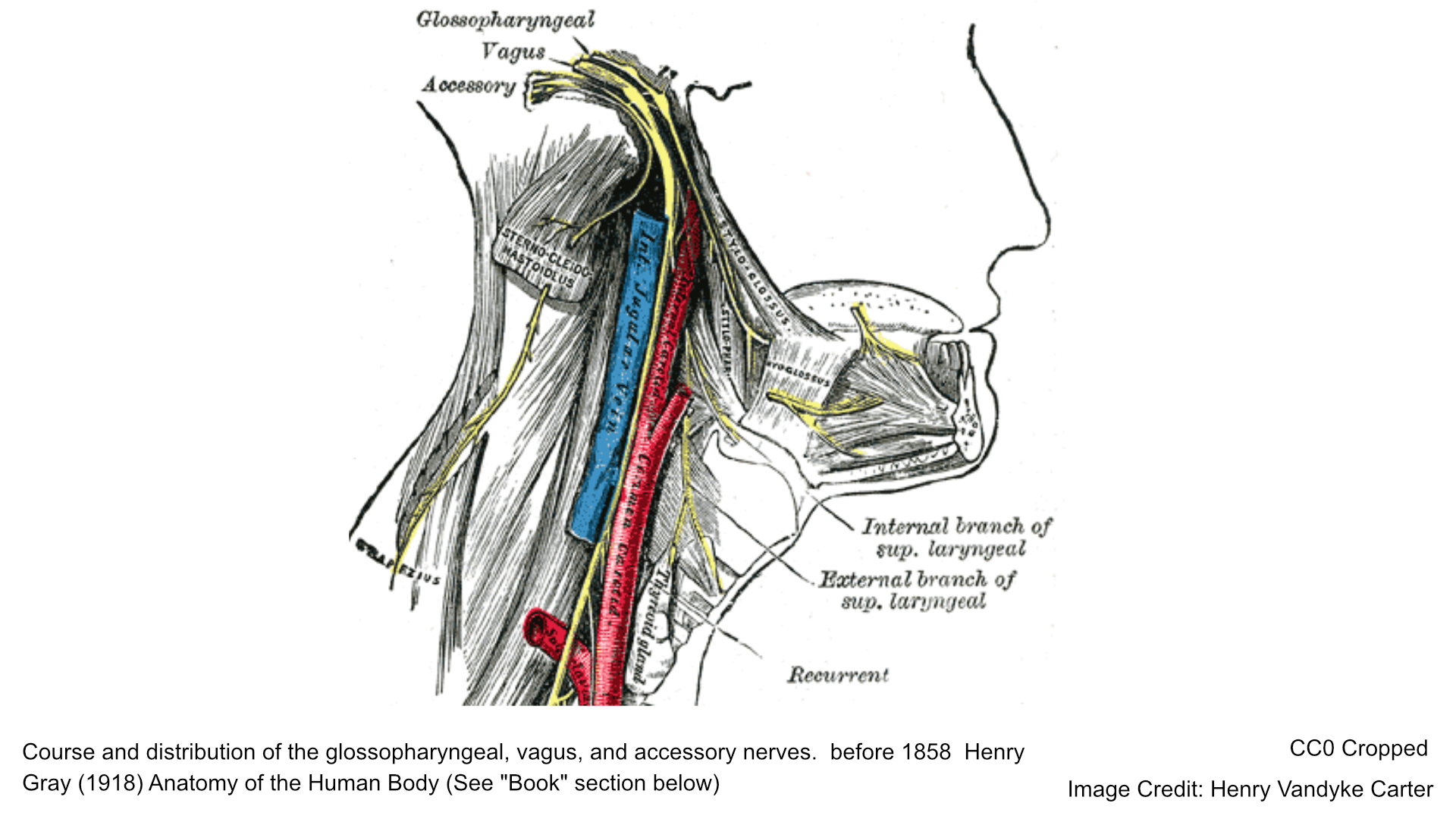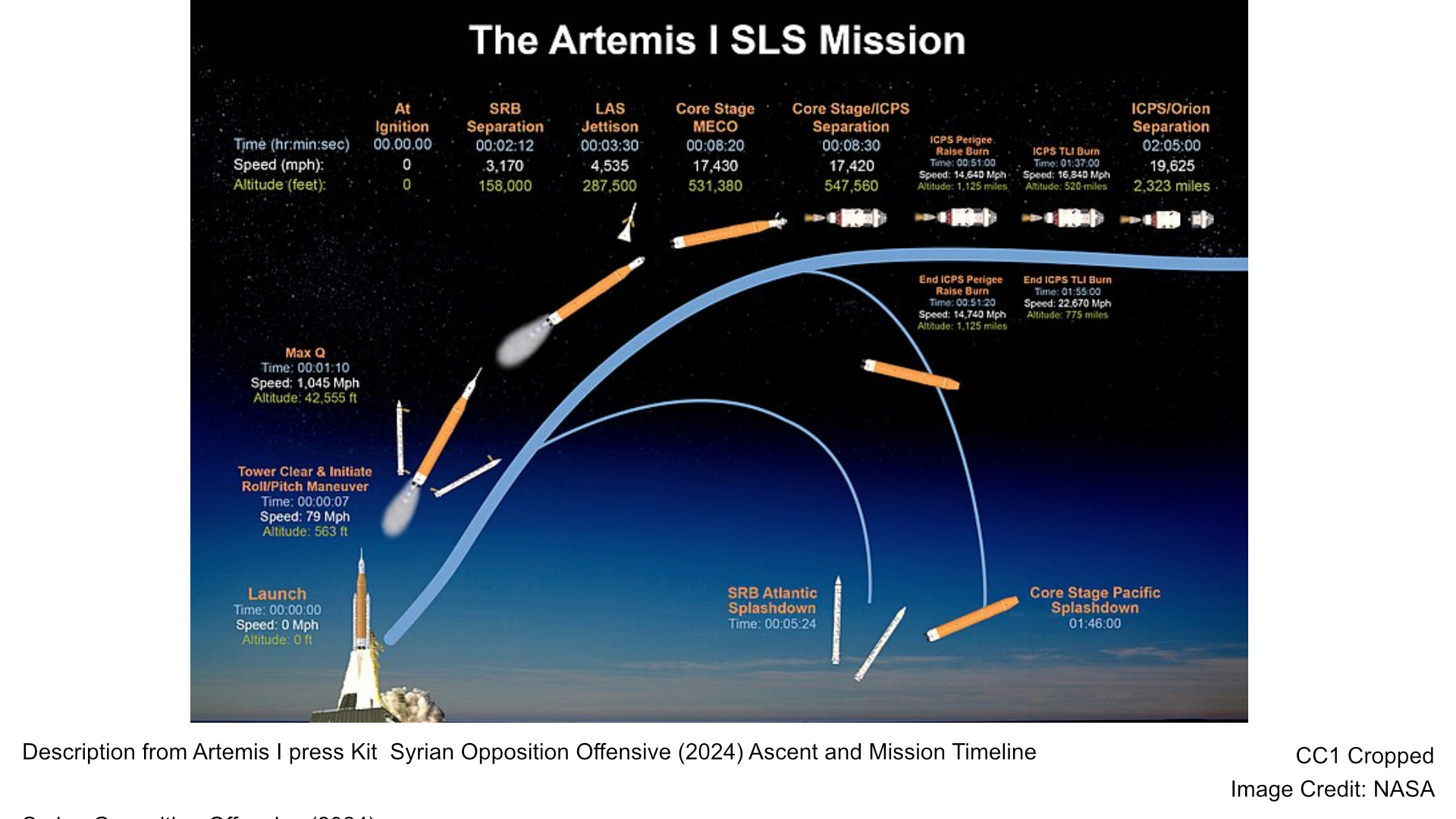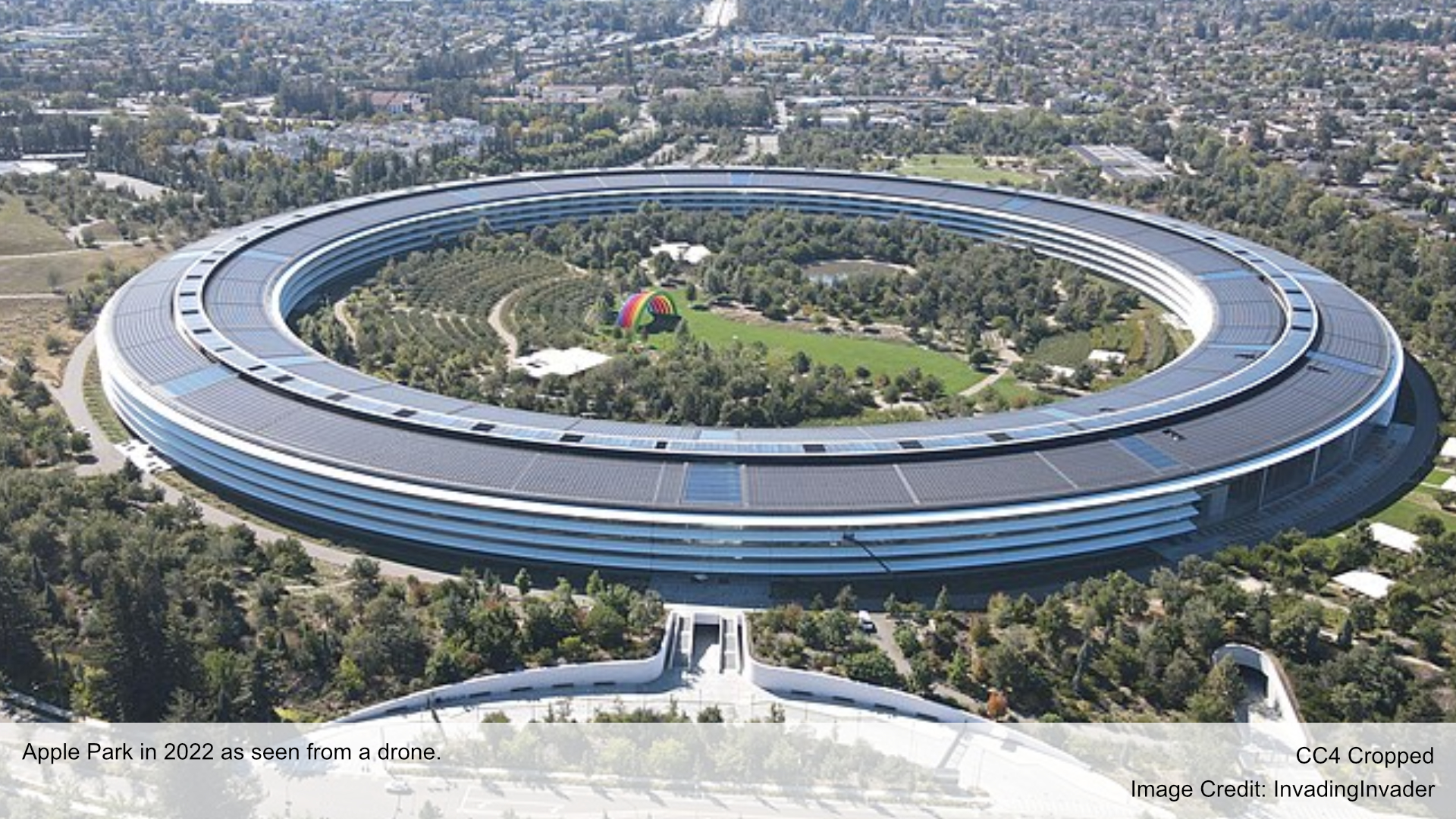Eugene Parker, a visionary astrophysicist, revolutionized our understanding of the sun and its influence on the solar system. His pioneering work on solar wind laid the foundation for modern heliophysics and inspired generations of scientists to explore the mysteries of our closest star.
- Pioneering Solar Research: Eugene Parker’s groundbreaking discovery of the solar wind in the 1950s revolutionized our understanding of the sun and its impact on the solar system, forming the foundation of modern heliophysics.
- Impact on Space Exploration: Parker’s work on solar wind is essential for predicting space weather, protecting satellites and astronauts, and informing spacecraft design for successful space missions.
- NASA Tribute: The Parker Solar Probe, launched in 2018 to study the sun’s corona, is a fitting homage to Parker’s legacy, advancing solar research inspired by his discoveries.
- Enduring Legacy: Parker’s advocacy for basic scientific research and pursuit of knowledge continues to inspire generations of scientists, emphasizing the profound connection between scientific inquiry and societal progress.
Born in 1927, Eugene Parker pursued a career in physics, eventually focusing on solar phenomena. In the 1950s, he proposed the existence of solar wind, a continuous flow of charged particles emanating from the sun. At the time, this concept challenged prevailing scientific beliefs, but Parker’s persistence and rigorous research eventually earned widespread recognition.
Parker’s groundbreaking work not only expanded our knowledge of the sun but also had practical implications for space exploration. Understanding solar wind is crucial for predicting space weather events that can affect satellites, astronauts, and technology on Earth. His insights have informed the design of spacecraft and the planning of missions, ensuring the safety and success of numerous space endeavors.
In recognition of his contributions, NASA named its solar probe mission after Parker. Launched in 2018, the Parker Solar Probe aims to study the sun’s outer atmosphere, the corona, and gather data that could answer longstanding questions about solar activity. This mission represents a fitting tribute to Parker’s legacy, as it continues to push the boundaries of solar research.
Throughout his career, Parker received numerous accolades for his work, including membership in the National Academy of Sciences and the National Medal of Science. His dedication to science and discovery inspired countless researchers to pursue careers in astrophysics and related fields.
Parker’s influence extends beyond his scientific achievements. He advocated for the importance of basic research and the pursuit of knowledge, regardless of immediate practical applications. His belief in the value of scientific inquiry continues to inspire those who seek to unravel the mysteries of the universe.
Eugene Parker passed away in 2022, leaving behind a legacy that endures through ongoing research and exploration. His work laid the groundwork for future discoveries and highlighted the interconnectedness of science and society. As we continue to explore the sun and its effects on the solar system, Parker’s contributions remain a guiding light for scientists and researchers around the world.
The Parker Solar Probe’s journey to the sun serves as a testament to Eugene Parker’s vision and determination. By unlocking the secrets of the sun, we not only honor his legacy but also gain a deeper understanding of the universe and our place within it.





